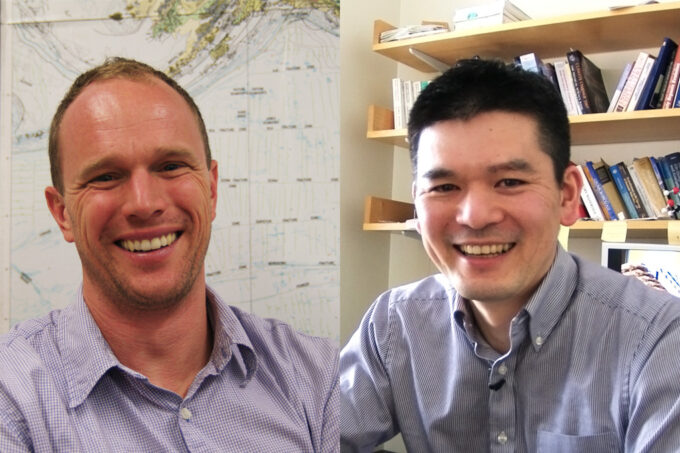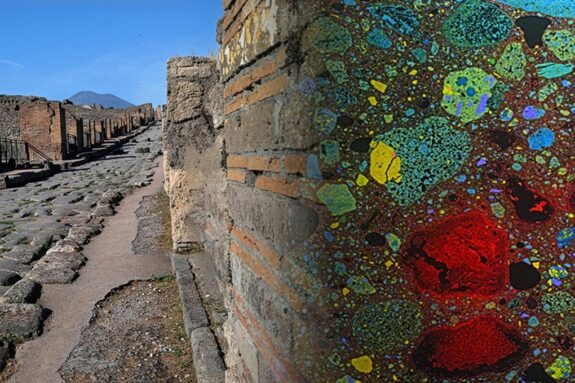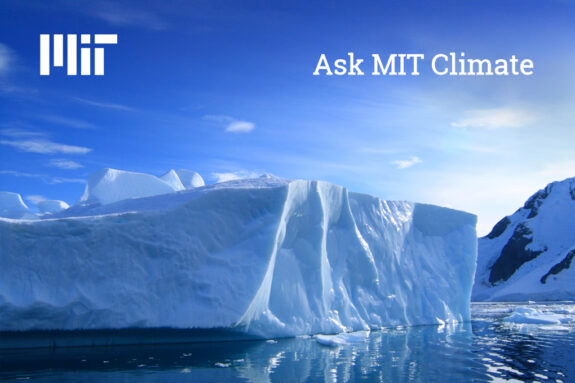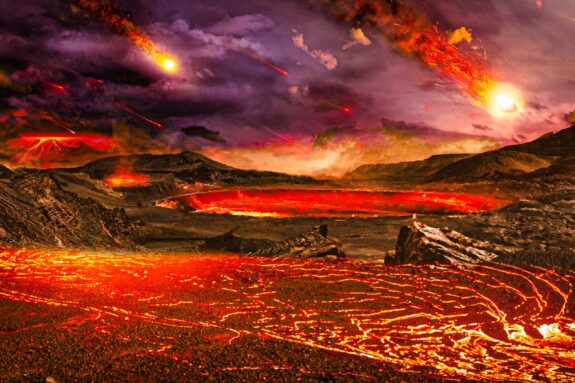Oliver Jagoutz named new director of ERL; Shuhei Ono to take over as chair of PGGG

Oliver Jagoutz (left) and Shuhei Ono (right).
Professor of Geology Oliver Jagoutz has been named the new director of the Earth Resources Laboratory (ERL) effective January 15. Professor of Geochemistry Shuhei Ono has been selected to succeed him as the chair of the Program in Geology, Geochemistry, and Geobiology (PGGG) in MIT’s Department of Earth, Atmospheric and Planetary Sciences (EAPS), effective January 1.
Earth Resources Laboratory
Founded in 1982, ERL has been a home for researchers across MIT studying the discovery, understanding, and responsible use of subsurface resources. Prior to Jagoutz, Professor of Applied Mathematics Laurent Demanet served as the director for six years. During that time, ERL activity has evolved under his leadership into areas of geophysical research related to decarbonization and carbon sequestration technology, earthquakes caused by industrial activities, environmental monitoring, and geothermal energy, while pivoting to the development of AI-based algorithms for geophysical imaging and waveform inversion.
“It has been an honor over these past few years to help ERL remain a place for fundamental research on subsurface resources. It will be exciting to see how the lab’s new leadership challenges our assumptions about the Earth’s sustainable resources for the future,” says Demanet.
Jagoutz is a geologist interested in the complex processes that shape the planet’s crust and geological evolution. In his role as an ERL affiliate, Jagoutz studies carbon sequestration processes that can be used to address climate change and will be able to use his expertise to expand ERL research focused on the energy transition.
“I am grateful for Laurent’s leadership of the Lab and for all others who helped in this time of change, and I thank Oli for stepping up to the plate to lead ERL,” wrote Robert van der Hilst, current EAPS department head and past ERL director (2004 to 2012), in a letter to the EAPS community. “I am excited about his vision to continue a change initiated by Laurent and enhance the role and visibility of the geosciences in the energy transition.”
In addition to his ERL affiliated research, Jagoutz studies the relationship between tectonics and long-term climate variations, as well as the evolution of arc magmas and the formation of economic deposits. Fieldwork is central to his research, taking him around the globe to places such as Greece, Italy, Pakistan, India, and the western US. He joined the EAPS faculty in 2008.
Program in Geology, Geochemistry and Geobiology
Jagoutz became chair of the Program in Geology, Geochemistry and Geobiology (PGGG) in 2021. PGGG is a PhD program focused on the evolutionary relationship between the continents, oceans, atmosphere, and biosphere. Its focus on the co-evolution of life and environments intersects with the research done by the new chair, geochemist Shuhei Ono, who uses stable isotope geochemistry to study how microbes catalyze chemical reactions and shape the chemistry of our atmospheres and oceans. Ono’s research has explored the evolution of atmospheric oxygen, as well as developed a tool to pinpoint origins of methane, with applications for the detection of methane, whether as a biosignature on other planets or in the form of methane seeps on Earth; he joined the EAPS faculty in 2007.
“I am excited to bring my expertise to this role and to take on the opportunity to contribute to the growth and success of the EAPS educational and research program,” Ono says.


